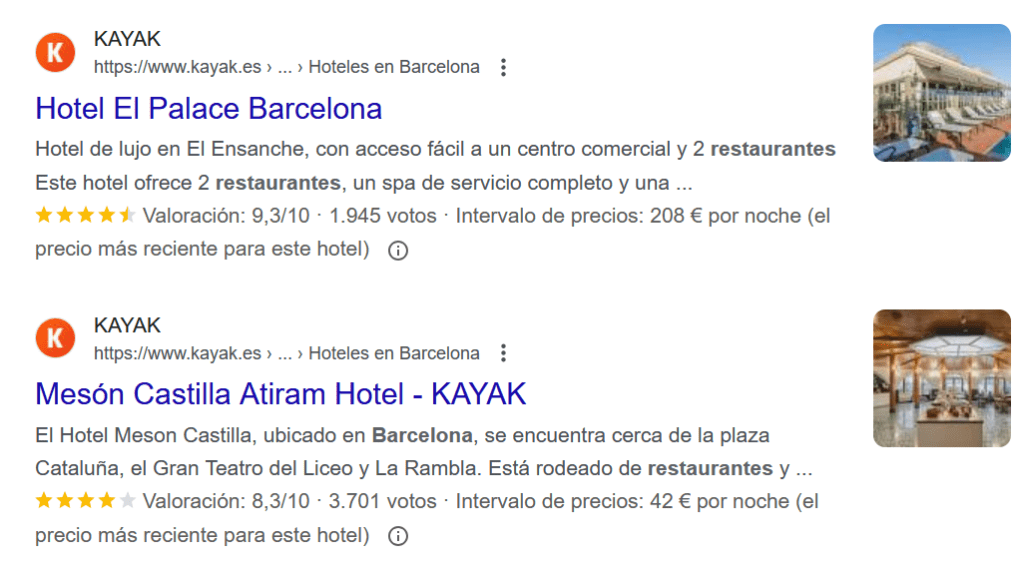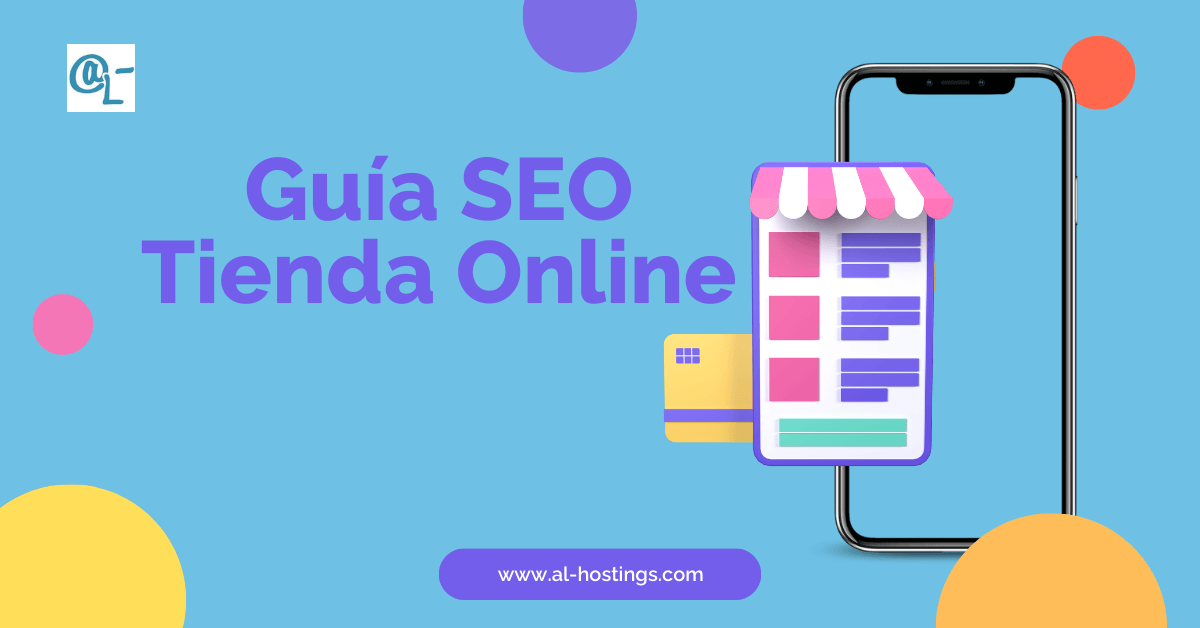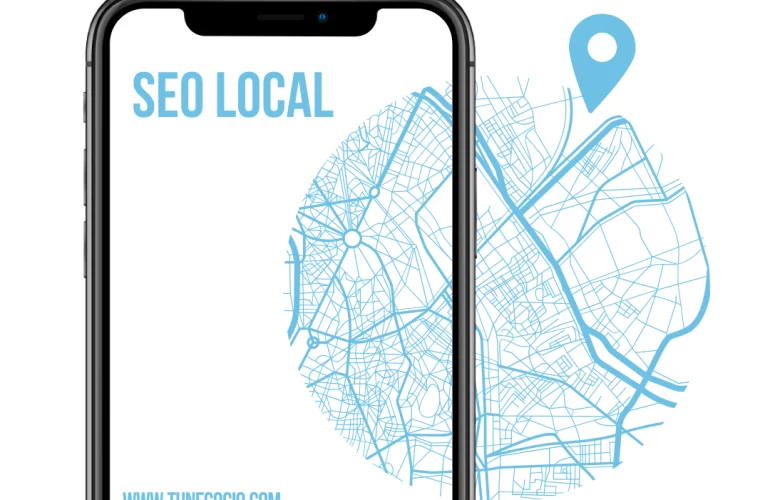In the competitive world of e-commerce, SEO for e-commerce has become a fundamental tool for attracting qualified traffic and improving sales. With millions of e-commerce competing for users’ attention, a solid SEO strategy for e-commerce can be the difference between appearing on the first page of Google or getting lost in the vast ocean of results. If you run an e-commerce, this article will guide you through SEO best practices and mistakes to avoid to maximize your visibility.
Why is SEO Crucial for Your E-commerce?
SEO (Search Engine Optimization) is optimizing your website so that search engines, such as Google, index and rank it favorably. In the case of e-commerce, good SEO not only increases your visibility but also improves the user experience, which translates into more sales. By implementing an effective e-commerce SEO strategy, you can ensure that your e-commerce appears before the right eyes: those who are ready to buy.
SEO Best Practices for Your E-commerce – What to Do
1. Optimize Your Product Pages
Product pages are the heart of your e-commerce. Each one must be properly optimized to appear in search results.
- Unique and Detailed Descriptions: Avoid using generic manufacturer descriptions. Instead, write original descriptions that include your keywords and highlight the unique benefits of each product.
- High-Quality Images with Alt Text: Every image on your e-commerce should have a descriptive “alt” attribute. This helps search engines understand what the image is about and improves accessibility for visually impaired users. Plus, a quality image improves the user experience.
2. Research and Use Long-Tail Keywords
Long-tail keywords are more specific phrases that typically have less search volume, but are easier to rank for. Instead of optimizing for general keywords like “shoes,” you can opt for more precise phrases like “running shoes.” Long-tail keywords typically attract users with a clear purchasing intent.
3. Optimize URL Structure
Maintaining a clean and descriptive URL structure is crucial for good SEO for your e-commerce. Make sure your product URLs are short and easy to read, avoiding unnecessary parameters. For example: www.shop.com/running-shoes is much more effective than www.shop.com/product_id=12345?cat=shoes.
4. Implement Rich Snippets
Rich snippets are rich snippets that provide additional information in search results, such as product prices, reviews, and availability. Implementing rich snippets using structured data from Schema.org can significantly increase your click-through rate (CTR) and improve your visibility on Google.

5. Improve Loading Speed
A key factor for both SEO and user experience is the loading speed of your e-commerce. Google favors fast sites, and users tend to abandon pages that take too long to load. Use tools like Google PageSpeed Insights to detect and fix issues that may be slowing down your site.
6. Optimize Your Site for Mobile
Mobile traffic accounts for a large portion of visits to e-commerces. Make sure your e-comerce is fully optimized for mobile devices. Google prioritizes sites that offer a great mobile experience in its search rankings.
7. Create Quality Content Regularly
A great way to drive organic traffic to your e-commerce is through a blog. Publish relevant content, such as buying guides, tutorials, and articles that answer users’ questions. This will not only improve your e-commerce SEO, but it will also position you as a reference in your niche.
Common Mistakes – What Not to Do
1. Duplicate Content
Duplicate content is one of the biggest mistakes you can make in SEO. Google penalizes pages that contain identical or very similar content, which can negatively affect the ranking of your e-commerce.
Sometimes we have several pieces of content on our website that are very similar or are old versions of the same topic. In these cases, to avoid confusion, canonical tags are used.
2. Ignoring Title Tags and Meta Descriptions
Title tags and meta descriptions are essential elements of SEO. Don’t let your CMS automatically generate them for you. Customize each one, making sure to include your main keywords and make them appealing to users.
3. Over-Optimizing Keywords
Keyword stuffing can be counterproductive. Make sure your content flows naturally and keywords are integrated organically. Google’s algorithm has been evolving and Value SEO is already being used instead of Keyword SEO, you can read more in our article about SEO changes in 2024.
4. Not Checking for Broken Links
Broken links not only affect user experience but also your SEO. Regularly check your site for broken links and fix them immediately. You can check for broken links through various online tools such as Ahrefs, Semrush, Moz, UberSuggest…
5. Ignoring Technical SEO
Technical SEO is crucial to ensure that search engines can properly crawl and index your site. Make sure to optimize elements such as your robots.txt file, sitemaps, and 301 redirects.
6. Underestimating Local SEO
If your e-commerce also has a physical presence, you shouldn’t forget about Local SEO. List your business on Google My Business and optimize your site for local searches, ensuring that contact information is consistent across your site.
7. External Content Hosting
Whenever possible, embed your multimedia content, such as videos, directly into your e-commerce instead of hosting it on external platforms. This will retain users on your site and reduce bounce rates.
Conclusion: Keep Your E-commerce SEO Up-to-Date
E-commerce SEO is an ongoing process that requires time and dedication. By following these best practices and avoiding common mistakes, you can improve your e-commerce’s visibility and attract more customers. Remember that Google’s algorithms are constantly changing, so it’s vital to stay on top of the latest trends and updates to keep your e-commerce in the top positions.
This detailed approach will help you capture more organic traffic and optimize your users’ experience, boosting sales in your e-commerce.

WordPress Expert, SEO & UX Optimization | I help freelancers and SMEs grow their business. | Web Design and Development Specialist for Startups, SMEs, and Personal Projects




